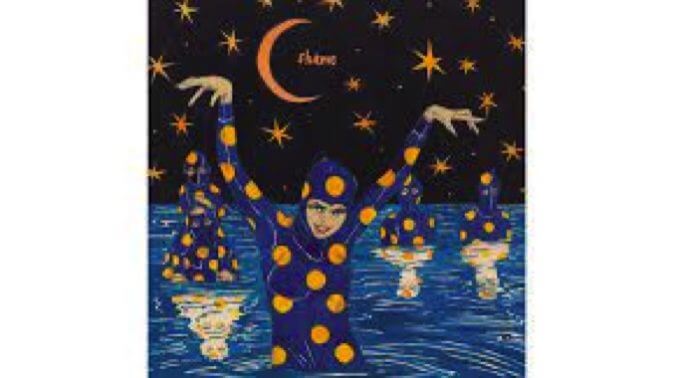Shame Stay the Course on Food for Worms
The British post-punk group hangout in familiar, occasionally perplexing territory on their third album.

Shame works best in generalities. On the British quintet’s debut, Songs of Praise, their strengths weren’t the locked-in post-punk songs they were best known for, but the full-blown indie-rock anthems that were overwhelmed in Oasis-esque reverb. Even their biggest song, “One Rizla,” underlines this weird dichotomy. There’s a little angst to be found in the tune’s chorus (”If you think I love you, you got the wrong idea,” sings Steen), but the important part is Shame’s surprising restraint. For a band who arose from a scene filled with abstractions and strangeness in every song, Shame’s best quality is how straight they play it.
That simplicity is also a double-edged sword. Fairly often, Shame ends up in a sonic no-man’s-land, unable to stick the landing for their sticky post-punk songs. Aside from “Water in the Well” or Talking Heads-inspired “Born in Lutton” off their sophomore album, Drunk Tank Pink, Shame is a band who finds themselves to be less than the sum of their parts. There’s the appearances of bongos, shouted and clean vocals, sudden tempo shifts, but oftentimes these choices don’t stick together like you’d want. That’s not to mention Steen’s lyrics, which lean juvenile or plain even on the strongest songs. Even on “Angie,” the steady, excellent closer of Shame’s debut record, there’s a handful of clunkers: “We will stay in your happy place” is the song’s final line.
On their new album, Food for Worms, Shame tries to obscure the awkward fact that for a post-punk band, they’re not the best at post-punk. But their washed-out rock songs are outstanding, finding new ground between their melancholic indie rock tendencies and the undercurrent of angst that propels the songs forward. “Fingers of Steel” starts the album beautifully, anchored around a thumping piano and Steen’s snotty, empathic singing. “There’s a sun outside, but you don’t see it,” he sings, with the background vocals underlining the words “see it.” But the song really takes flight when the drums drop out for the chorus and atmosphere thrives solely on grandiose harmonies. Complete with a noisy guitar solo that compliments the song’s overarching feel wonderfully, “Fingers of Steel” is designed to catch the listener off-guard, even if at some points it’s more The National than The Fall.
-

-

-

-

-

-

-

-

-

-

-

-

-

-

-

-

-

-

-

-

-

-

-

-

-

-

-

-

-

-

-

-

-

-

-

-

-

-

-

-








































